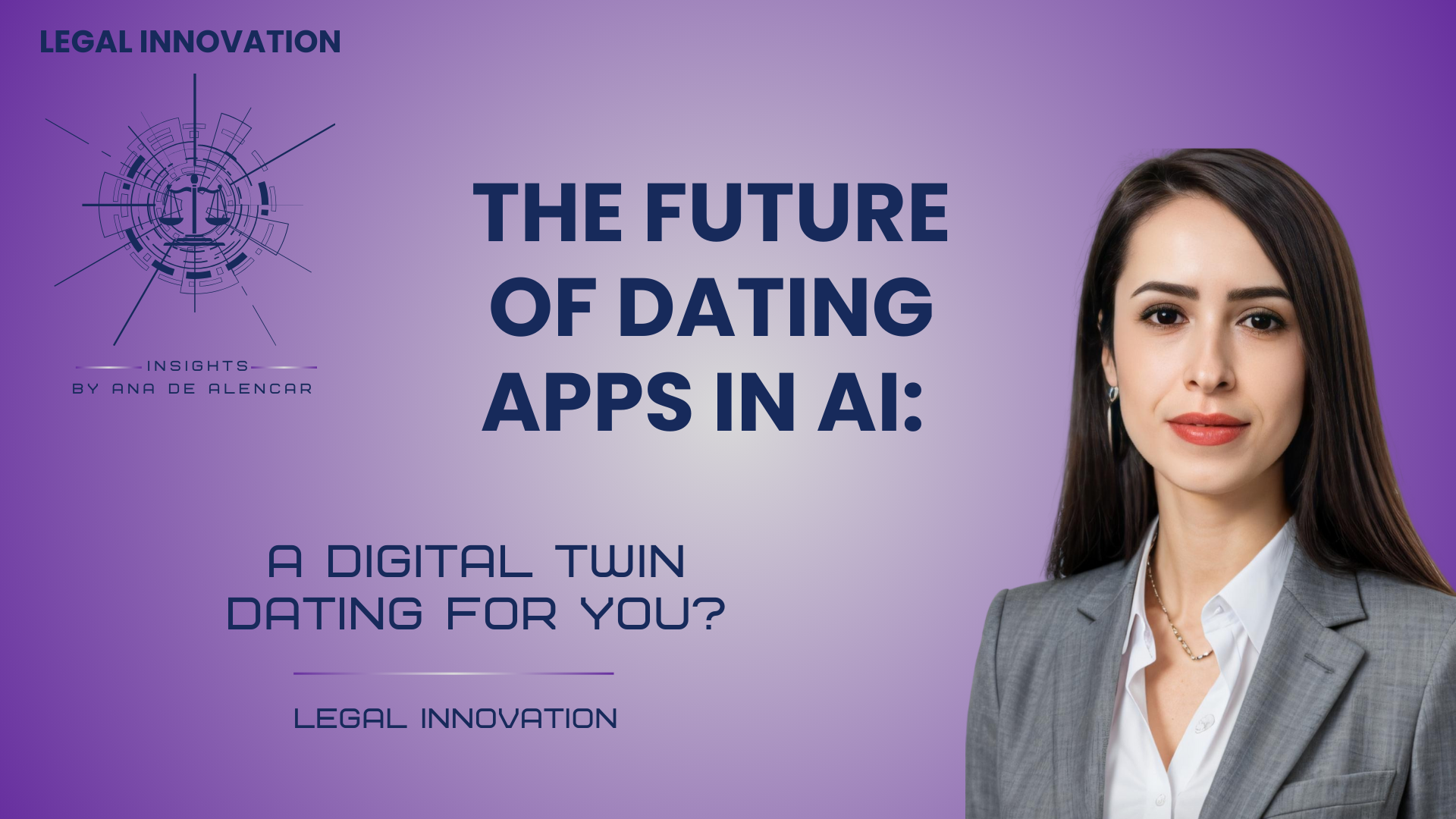🤖 Imagine a bot that can entirely replicate your personality, including your way of speaking, quirks, and even your appearance, acting on your behalf when it comes to evaluating and choosing a romantic partner. Would you feel comfortable entrusting this service to an artificial intelligence?
👥 Recently, Whitney Wolfe Herd, the founder of Bumble, made a controversial statement: she suggests that the future of digital relationships may involve “digital twins” taking on the task of “dating” in our place. These Digital Twins are virtual replicas that mimic our preferences and behaviors, allowing AI to initiate conversations for us as our representatives. But to what extent are we willing to let a digital version of ourselves seek love, risking the authenticity of human connections?
❤️ While Digital Twins could facilitate the selection of matches and pave the way for romantic encounters, they may weaken our self-esteem and social skills, creating a barrier between us and others. The privacy issue is even more concerning: using intimate data to create these replicas could lead to leaks or misuse of information, as has happened with Grindr, which faced lawsuits for sharing sensitive user data related to users’ HIV status with third parties.
💑 On the other side of the coin, for many, artificial intelligence is not just a tool but the promise of escaping loneliness. Russian Aleksandr Zhadan took this to the extreme: he created a bot based on ChatGPT that turned Tinder into a custom-made matchmaking machine. Programmed to eliminate any profile with photos of alcohol or zodiac signs, the bot scoured the app, filtering through hundreds of women, and when it found an “ideal” candidate, it would schedule a date without hesitation. The outcome? Zhadan ended up marrying one of the women selected by the AI and claims it was the bot itself that “suggested” the marriage proposal
🔍 Since we began using AI in various areas of our lives, are we losing the ability to trust our instincts in decision-making, critical thinking, or relating to others? A recent study from MIT Technology Review reveals a shocking fact: the second most common use of AIs, like ChatGPT, is for sexual role simulations. This suggests that we may be lost when it comes to building genuine romantic connections, increasingly dependent on AI to guide us through the complexities of modern relationships. Perhaps, we could also say that we are starting to treat chatbots as love mentors.
🤔 And you, as a consumer, would you trust AI to choose your next date?
Images generated by Dall-e based on the prompts of the author.


Leave a Reply